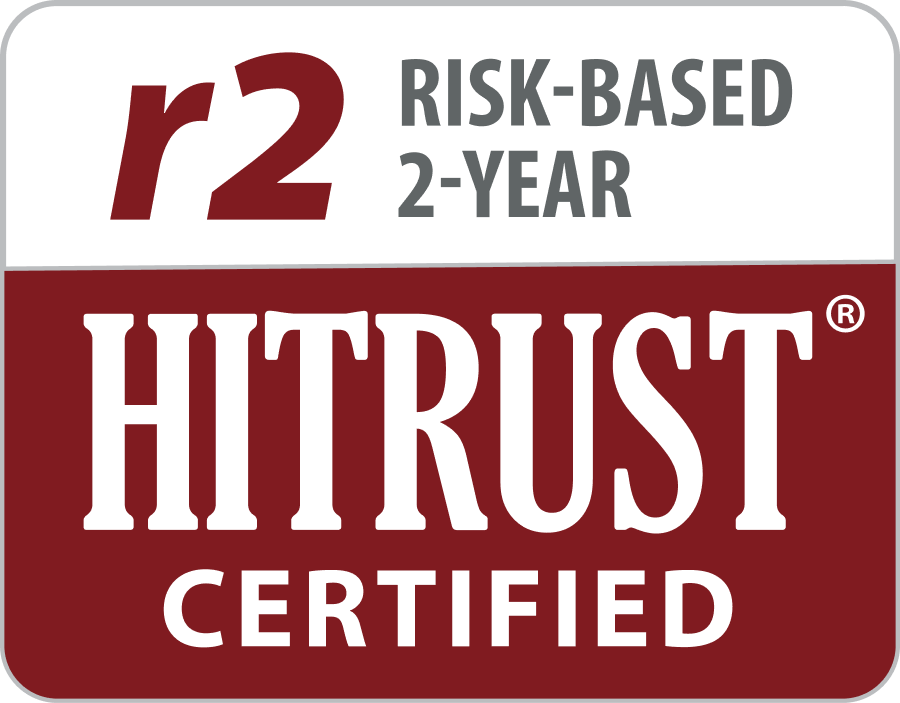CMS released the Medicare Program; Contract Year 2024 Policy and Technical Changes to the Medicare Advantage Program, Medicare Prescription Drug Benefit Program, Medicare Cost Plan Program, Medicare Parts A, B, C, and D Overpayment Provisions of the Affordable Care Act and Programs of All-Inclusive Care for the Elderly; Health Information Technology Standards and Implementation Specifications. See proposed rule changes here.
Here’s a summary of what’s changing that may impact you most:
Health Equity
In the proposed rule, CMS wants to ensure Medicare Advantage (MA) provider directories reflect providers’ cultural and linguistic capabilities, and notate Medication for Opioid Use Disorder (MOUD) -waivered providers. The directory changes would mirror Medicaid requirements and:
- Include non-English languages spoken by each provider
- Include provider/location accessibility for people with physical disabilities
- Include indicator for MOUD-waivered providers
CMS intends to monitor compliance with new directory requirements. Website directories must be searchable by indicators.
Are you prepared to capture this information and publish it in your directory for AEP?
Behavioral Health
CMS has proposed adding three new provider types, subject to time and distance network adequacy reviews:
- Clinical psychology
- Clinical social worker
- Prescribers of medication for opioid-use disorder (MOUD)
- Time, distance and ratios
- 10% credit for telehealth providers for behavioral health
These new minimum appointment wait-time standards would be added to the existing requirement that MA organizations establish written policies for the timeliness of access to care and member services. MA organizations must have appointment wait times that meet or exceed the standards proposed.
Are you prepared to include these provider types in your network and achieve network adequacy?
ACA Changes
CMS has proposed:
- Expansion of Essential Community Provider (ECP) requirement to add two additional stand-alone ECP categories: Mental health facilities and substance-use disorder treatment centers.
- Adding rural emergency hospitals as a provider type in the other ECP providers’ category.
- Requiring QHPs to contract with at least 35% of available FQHCs and at least 35% of available family planning providers that qualify as an ECP in the plan’s service area. This is in addition to meeting the current overall 35% ECP threshold requirement in the plan’s service area.
- Revising network adequacy and ECP standards to require all individual market QHPs and SADPs and all Small Business Health Options Program (SHOP) QHPs across all exchanges to use a network of providers that complies with the network adequacy and ECP standards, and to remove the exception that these requirements do not apply to plans that do not use a provider network.
Are you prepared to include these network standards in your network contracting strategy?
Contact ATTAC Consulting Group to learn how we can help your plan prepare for the proposed changes.

